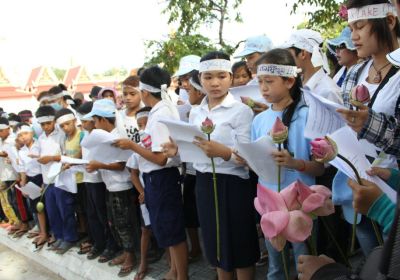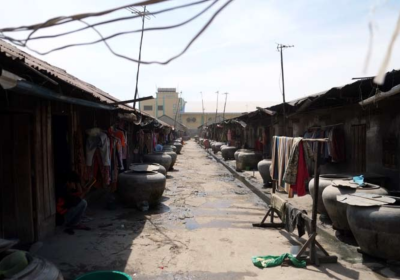
A new report by eight international trade unions and non-government organisations details the brutal government repression Cambodian garment workers were subjected to. It said the workers' demand to raise the minimum wage were reasonable.

A new report by eight international trade unions and non-government organisations details the brutal government repression Cambodian garment workers were subjected to. It said the workers' demand to raise the minimum wage were reasonable.
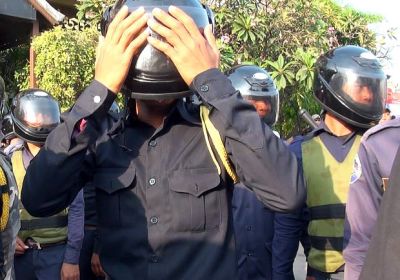
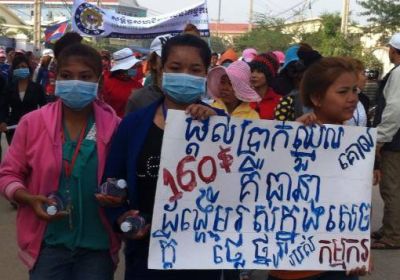
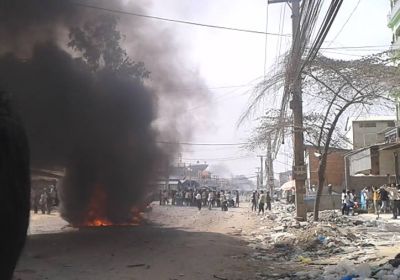
An estimated 700,000 Cambodian garment, accessories and footwear workers (90% of whom are women) are among the lowest paid in this globalised industry. They produce fashionable products sold at high prices in the West under big brand names like Gap, Walmart, H&M, Puma, Nike, Adidas, Columbia and Levi Strauss. Major Australian retailers that source garments from Cambodia include Coles, Kmart, Target, Big W and Pacific Brands.
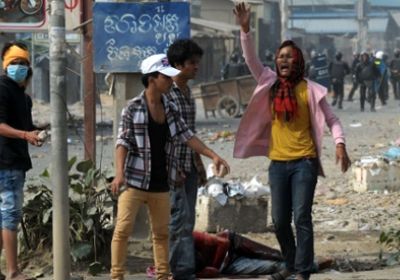
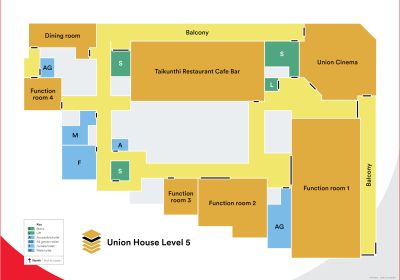
Human rights and other social activists in Cambodia are shocked at the unprovoked use of three water cannon against a peaceful protest in the capital Phnom Penh by a group (mainly women) from a community evicted from their homes around Boeung Kak Lake. Three protesters were injured.
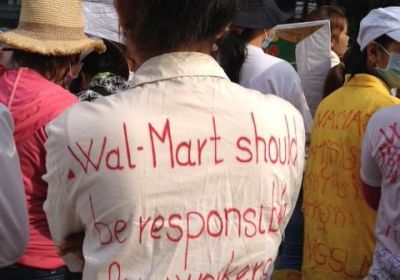
Since mid-January, a group of illegally laid off Cambodian garment workers – mostly women – have been picketing the factory they worked in. Their objective was to stop the company, which closed down owing the workers, collectively, about US$200,000 of unpaid wages, from removing the equipment from the factory.
